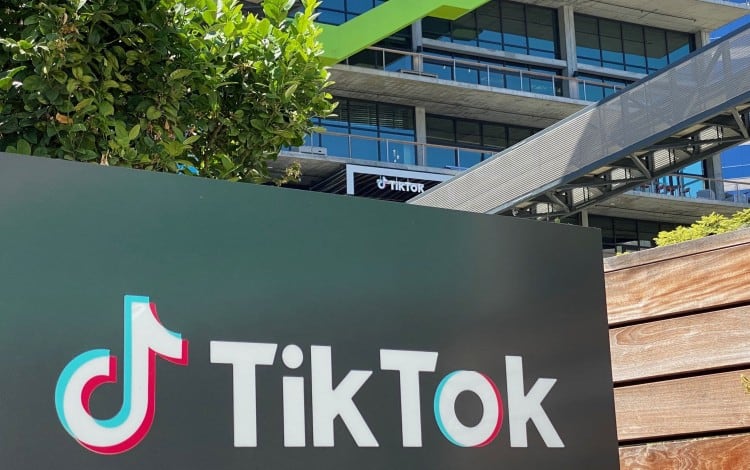
The pressure is on a whole new level on TikTok, the popular Chinese short-video app at the center of the US-China tech war.
According to the Wall Street Journal, the Biden administration has given the company an ultimatum if it wants to continue operating in the United States.
The federal government is asking Chinese owners of TikTok to divest their stakes in the short video sharing app. If they refuse, TikTok will be banned from the United States. TikTok is owned by Chinese company ByteDance Ltd.
The request was made by the Committee on Foreign Investment in the U.S. (Cfius), which is a multiagency federal task force that oversees national-security risks in cross-border investments, according to the newspaper.
TikTok has already indicated that 60% of ByteDance shares are owned by global investors, 20% by employees and 20% by its founders. But the founders’ shares have important voting rights, as is common with tech companies.
This U.S. threat is a change in approach by the administration, which is under pressure from Republicans who accuse it of not being tough enough on TikTok, which they consider a threat to the security of the United States.
Good News for Instagram and Youtube
Neither the Treasury Department, which leads Cfius, nor TikTok immediately responded to a request for comment.
"If protecting national security is the objective, divestment doesn’t solve the problem: a change in ownership would not impose any new restrictions on data flows or access,” a TikTok spokeswoman told the Wall Street Journal.
She added that the company has promised to spend $1.5 billion on a program to safeguard U.S. user data and content from Chinese government access or influence.
A ban on TikTok from the United States could benefit competitors Meta Platforms (META), parent company of Facebook and Instagram, Youtube, a subsidiary of Google (GOOGL), and Snap (SNAP).
The February downing of a supposed Chinese spy balloon sparked renewed efforts in Congress to ban the short video app, accused of giving Beijing access to user data around the world, something TikTok has always denied.
The White House has already banned officials of federal institutions from having the app on their smartphones, pursuant to a law ratified in early January. The European Commission and the Canadian government recently made similar decisions for their civil servants' mobile phones.
In the summer of 2020, former President Donald Trump had signed several executive orders in an attempt to ban the platform.
A ban on TikTok could lead Chinese authorities to sanction American companies in response.







